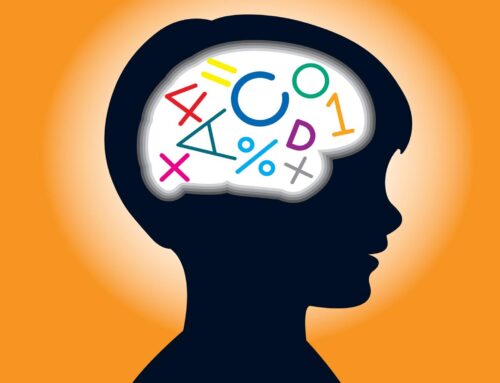Parents often turn to us to provide solutions and help treat emotional difficulties that are affecting the child’s academic, social and family environments. Although depressive disorders in children, adolescents, and adults are diagnosed according to the same criteria, it is important to recognize that certain features and symptoms of depression manifest themselves differently across the lifespan.
In childhood and adolescence, irritability may be the primary mood disturbance. Other symptoms associated with depression in youth include:
- Excessive worrying
- Social withdrawal
- Somatic complaints (e.g. general aches and pains)
- Drop in school performance
- Low self-esteem
- Co-occurring disorders (e.g. ADHD, specific learning disorders, anxiety disorders)
In addition, a child may be genetically predisposed to depression. This genetic predisposition compounded by stress in the environment such as familial difficulties lead to the development of a neurochemical diathesis. This is called the Stress Diathesis Model of Depression. It is believed that depression is associated with disturbances in cognitive, interpersonal, familial and biochemical functioning as well as deficits in critical emotion regulation skills.
So what can parents do to help their child with depression and other emotional problems?
A comprehensive psychological evaluation can be the first step in treatment, especially if there are academic difficulties. Children with depression present with similar symptoms as those with other disorders such as anxiety, ADHD, and specific learning disorders. In addition, these conditions can all occur simultaneously in a child with depression. But with background information, testing, and behavioral observations an appropriate diagnosis can be given.
Contact us to schedule a comprehensive evaluation for your child and find out more about Georgetown Psychology Associates.
Check back soon for our next post on intervention methods for treating depression in childhood.



